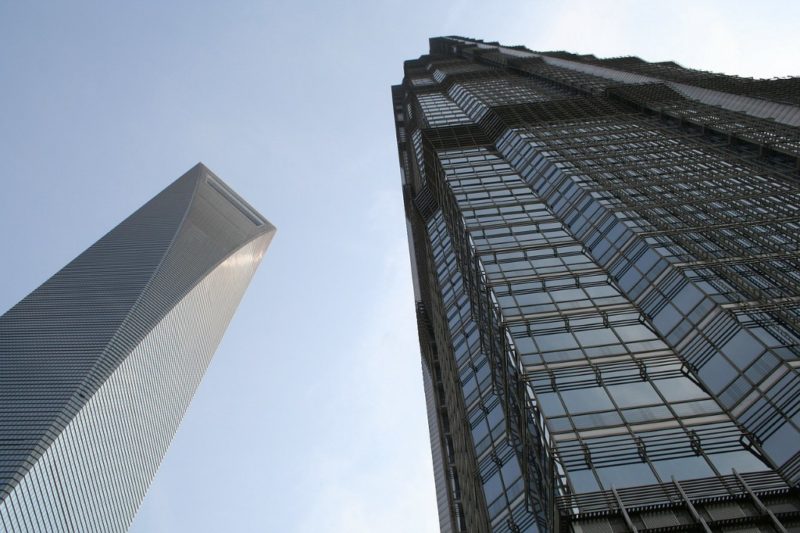Property giant Evergrande is on the brink of Debt Default— The first casualty of a potential looming debt crisis.
Image by Chris Hilbert from Pixabay
Chinese Real Estate giant Evergrande announced on Tuesday it may be unable to pay its debt, citing the “tremendous pressure” it is currently under.
The result of this poses the risk of a total collapse of the company, affecting over 1.5 million properties with deposits on houses not yet built, Evergrande’s 133,000 employees, suppliers still yet to receive payment, investors, bondholders, and a potential list of others so long it would put you to sleep.
Evergrande is just one company, but in the wake of its potential demise has investors asking: Is this an isolated event? Or is this the first sign of a looming worldwide housing crash exacerbated by the dramatic fiat money inflation in recent years?
Let’s take a quick look into how this happened and what might come next…
Why is Evergrande in trouble?
The simple answer: Too much debt and too much mismanagement of that debt. Evergrande has been fortunate enough to ride the China boom up to become one of China’s top players in the property industry, but it wasn’t without its’ liabilities.
Evergrande had been borrowing capital for years in order to fund its rapid growth, but after Beijing introduced new measures in August 2020 to closely monitor the debt of property developers, Evergrande had to rely on presales for cash flow. Just one year later, Evergrande is having to slash prices on many of its properties up to 25% off in an attempt to keep the company afloat, but even that’s not working.
What Might Happen Next:
Scenario 1: Evergrande finds a way to restructure its debt, inject cash flow and avoid total collapse — Crisis avoided. (phew!!)
Scenario 2: Evergrande is unable to meet its debt obligations, receives no governmental help to meet such obligations, and collapses under its’ immense financial pressure. At best, this sparks fear in the market and nothing more. But there are fears that this could be much, much worse!
What if this starts a snowball of debt default in the Chinese housing market? What effects will that have internationally? Would such a crash spill over to leveraged property markets across the globe? At the very least, it will be a wake-up call to the West.
Scenario 3: The Chinese Central Bank uses its power over monetary policy to print capital and bail out Evergrande of its $300 billion debt. Whilst this would save Evergrande from collapse, it would not be without its consequences. The result of a government bailout would include yet another large capital injection into the monetary system, adding to China’s already high inflation.
Money Supply M2 in China. Source: tradingeconomics.com | People Bank of China
Assuming Evergrande receives a financial bailout, life will probably continue to stay normal (whatever that means nowadays), and the gears of the global debt economy will continue to turn as they have since the 2008 Global Financial Crisis.
One thing remains apparent, though — The sand in the economic hourglass just got a little closer to running out. Central banks simply cannot continue to bail out mismanaged companies to avoid a market recession. Market corrections are inevitable, and if history has shown us anything — The longer the pump, the harder the dump.
https://medium.com/media/76d68d362f4f5ae577292805d12134bf/href
Thank you for reading! If you liked this article, be sure to give me a follow for more, and check out my twitter for frequent news and analysis over at: twitter.com/innovation_stew
Check out our new platform 👉 https://thecapital.io/
https://twitter.com/thecapital_io
https://medium.com/media/3b6b127891c5c8711ad105e61d6cc81f/href
Is The Housing Market About To Collapse? was originally published in The Capital on Medium, where people are continuing the conversation by highlighting and responding to this story.

